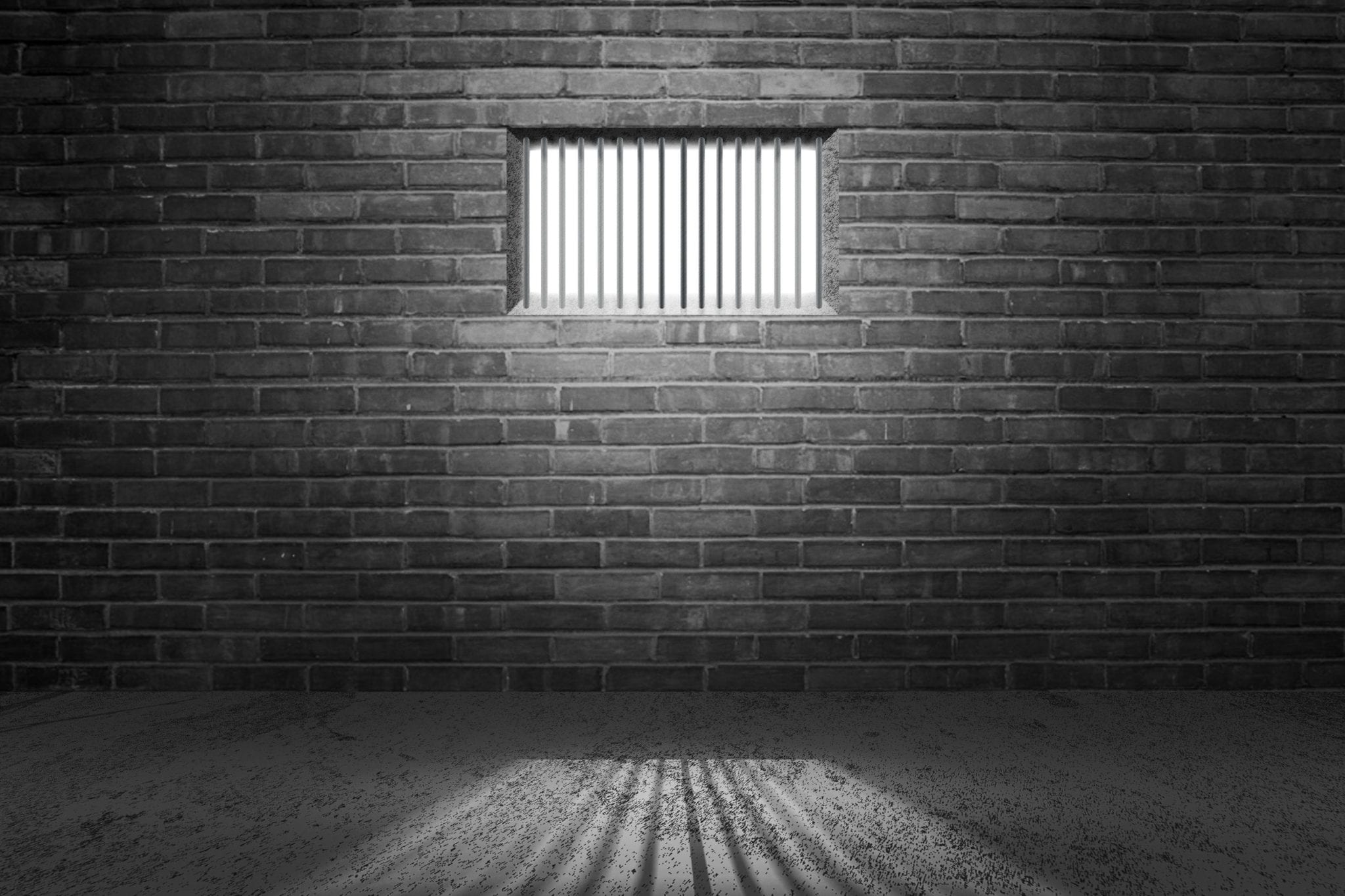The sports world is still reeling from the Larry Nassar scandal—the tragic saga about the once well-respected doctor for the USA National Gymnastics team who was charged in 2016 with criminal sexual conduct against the very athletes he was supposed to be helping. As you probably know, he eventually pled guilty to a range of sexual and child pornography charges and was sentenced from 40 to 125 years in prison for these offenses.
The sports world and the society in which we all live now face yet another teen athlete sex scandal currently brewing in Montana. There, a Missoula athletic trainer faces prison time for a similar abuse of power. He recently plead guilty to sex crimes that involved over a hundred teenage boys in the 1970s and 1980s.
What happened?
A Predatory Program
This athletic trainer, now in his 70s, trained teens for over a decade at a local high school in the Miles City area. He enticed young boys to take part in “The Program,” convincing them that the activities would enhance their athletic abilities. Once enrolled, the trainer engaged the teenagers in sexual massages, masturbation, and various types of penetration.
The case exploded in news headlines in Fall 2018 when 31 survivors filed a civil lawsuit against the trainer. Since the assaults took place decades ago, none of the survivors have seen sexual assault charges filed against the trainer. He was charged with a single count of coercion and enticement in federal court. Additionally, he faces state charges for child pornography (his computer was searched during the investigation).
The trainer will be sentenced in July, and at the age of 79, it is likely that he will spend the rest of his life behind bars. Penalties for coercion and enticement charges include at least 10 years in jail. He could also be sentenced for life.
What Are Coercion and Enticement Charges?
Why was the trainer charged with coercion and enticement rather than sexual assault? It all comes down to the statute of limitations.
There is a 20-year statute of limitations for sex crimes in Montana. Since the trainer was accused more than 20 years after the alleged assaults, he could not be tried in court for the crimes. Currently, Montana is working on legislation that would remove the statute of limitations and give survivors the power to press charges many decades after incidents of sexual abuse.
However, the trainer could still be charged for coercion and enticement, a federal offense.
After initial charges were filed against him, evidence was compiled and it was discovered that he had kept records of the boys in “The Program” and was using the internet to reach out to even more children.
According to federal law, “Whoever, using the mail or any facility or means of interstate or foreign commerce, or within the special maritime and territorial jurisdiction of the United States knowingly persuades, induces, entices, or coerces any individual who has not attained the age of 18 years, to engage in prostitution or any sexual activity for which any person can be charged with a criminal offense, or attempts to do so, shall be fined under this title and imprisoned not less than 10 years or for life.”
Examples of coercion and enticement involving a minor include:
- Luring a child into a van with candy
- Reaching out to a minor online and asking them to meet up for sexual purposes
- Enticing a minor prostitute with money to complete sexual acts
If the case does not involve a minor, but still involves criminal sexual activity, the sentence is reduced to up to 20 years in prison.
The law itself is rather broad and has not been updated for the digital era. This broadness also gives prosecutors more room to argue that a defendant did engage in enticement and coercion.
Facing Similar Charges?
This case may not be the only one of its kind that we see in the next coming years. As the #MeToo movement pushes on, more people will continue to speak out against sexual assault. The cases of Bill Cosby and this trainer show that just because sexual assaults occurred outside of the statute of limitations doesn’t mean that accusations won’t result in jail time and serious penalties.
There are defense strategies that you may be able to use. If, for example, the evidence was not collected lawfully, you may be able to have the evidence removed from the case. Your defense lawyer can help you reveal a false accusation or an alibi that allows you to walk away from court with a reduced sentence or not guilty plea.
While these charges are very serious, it’s always important to remember that a charge is not a conviction. Start fighting charges today, and make sure you speak with your attorney about what you can do to prevent future charges from tarnishing your name.






